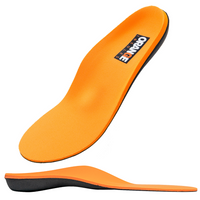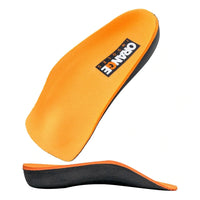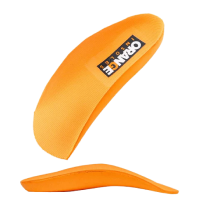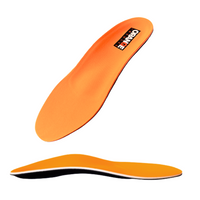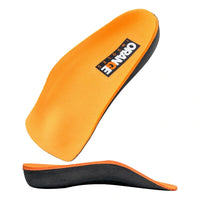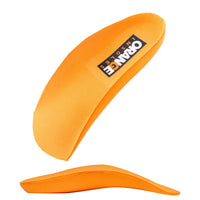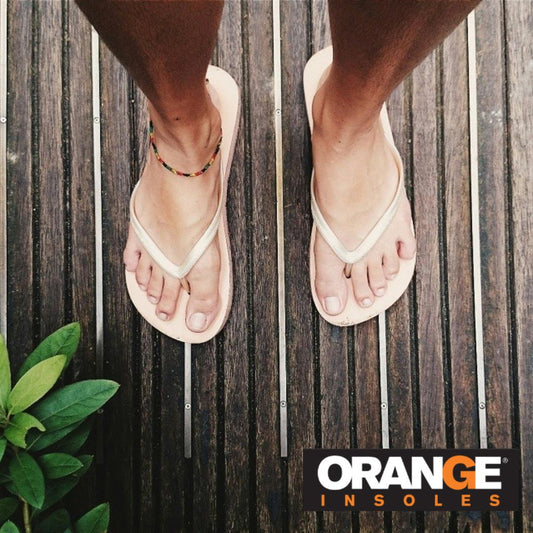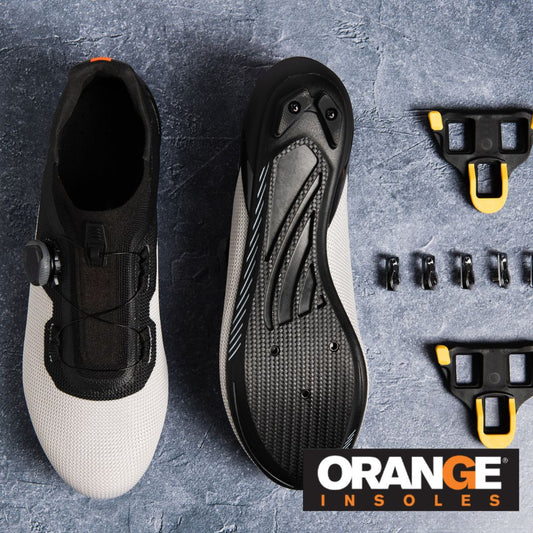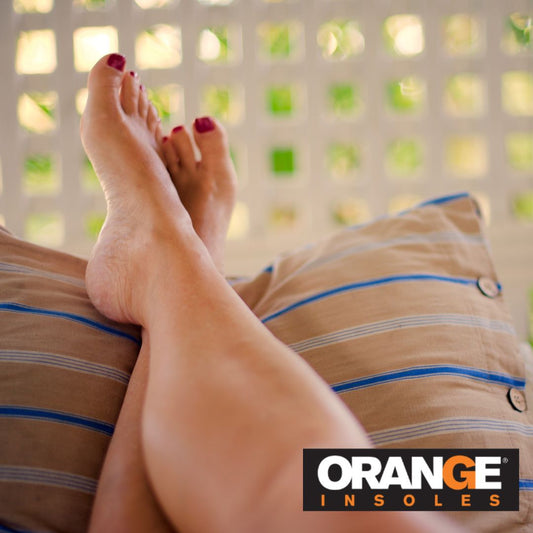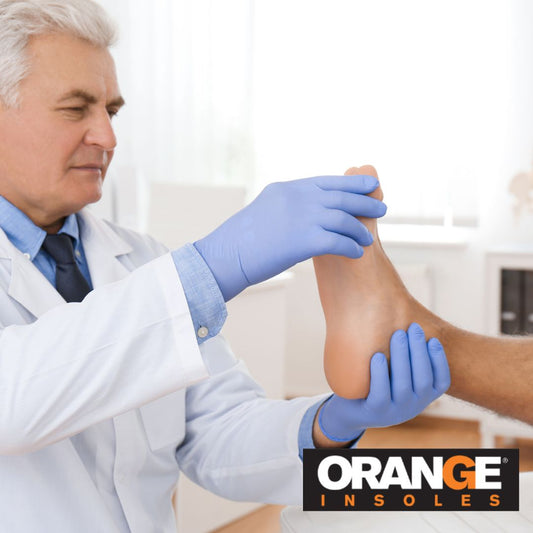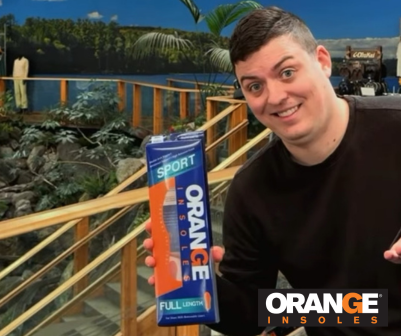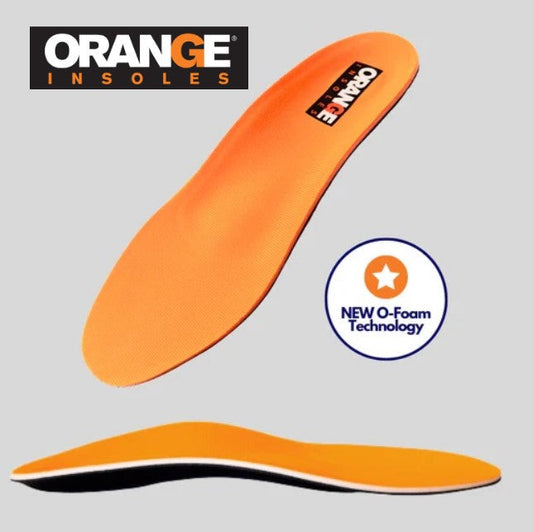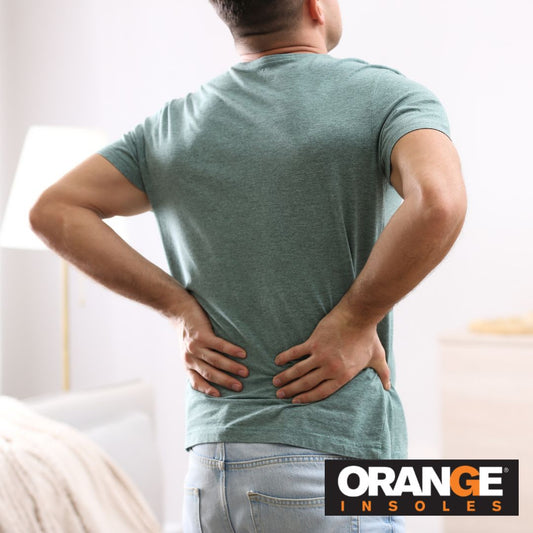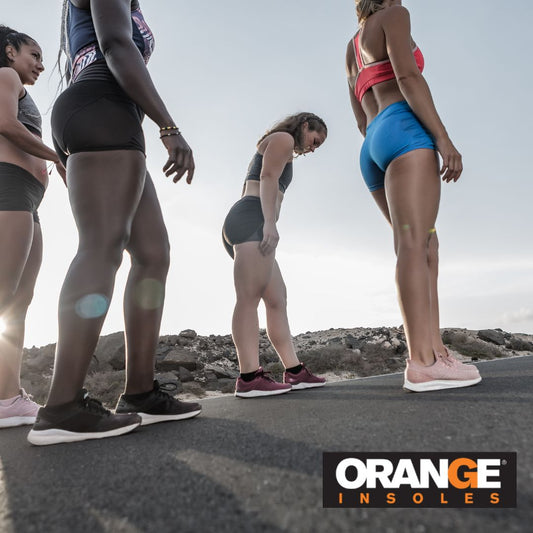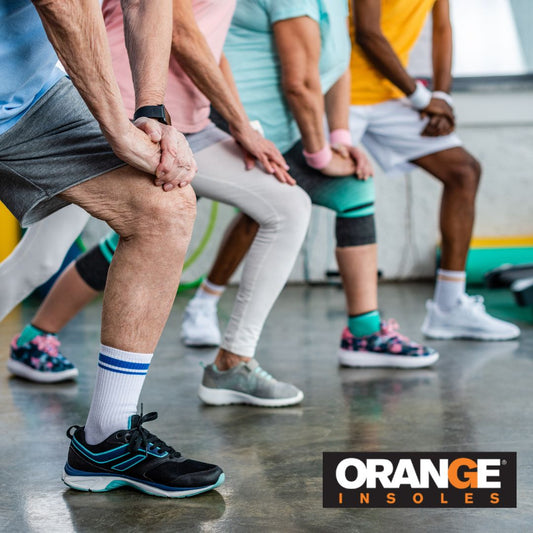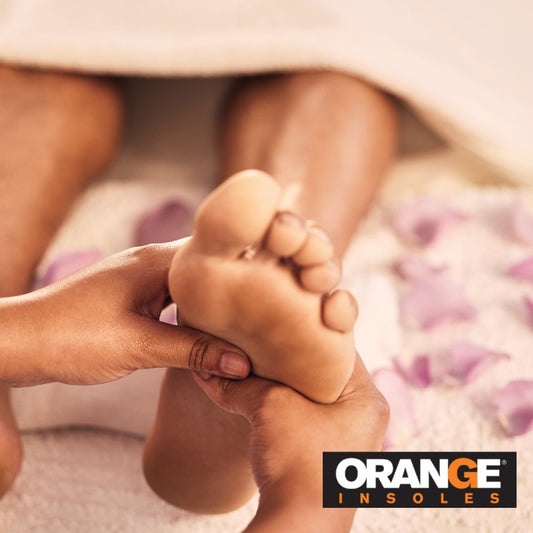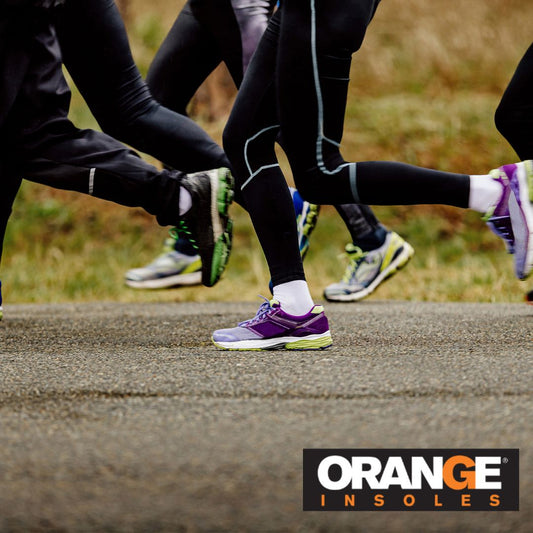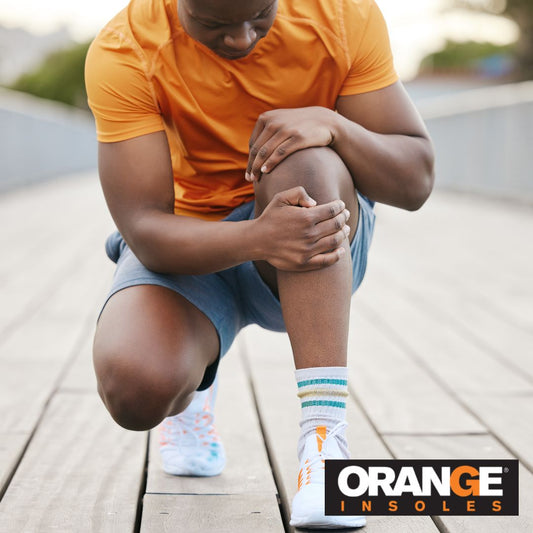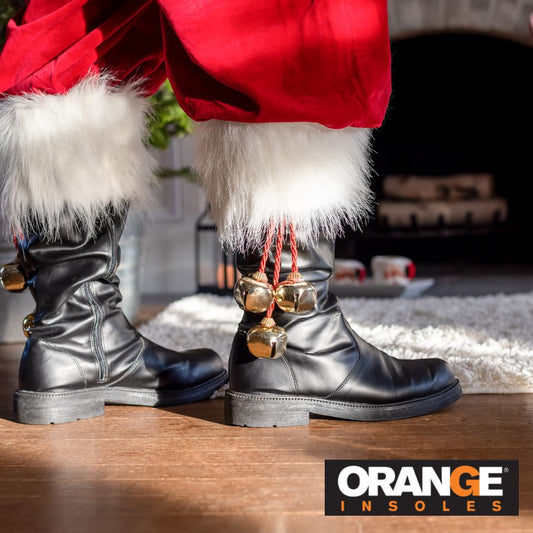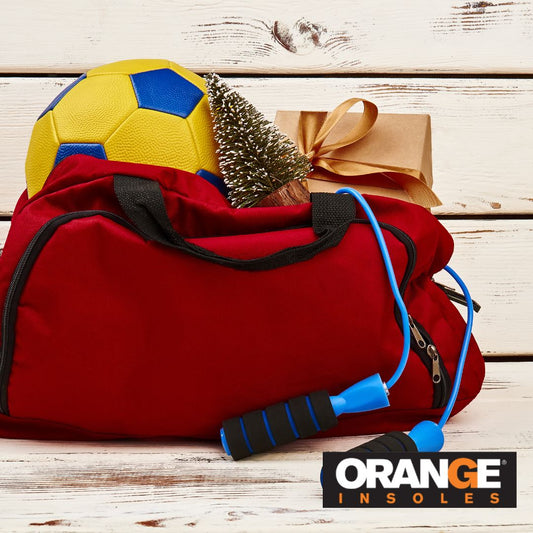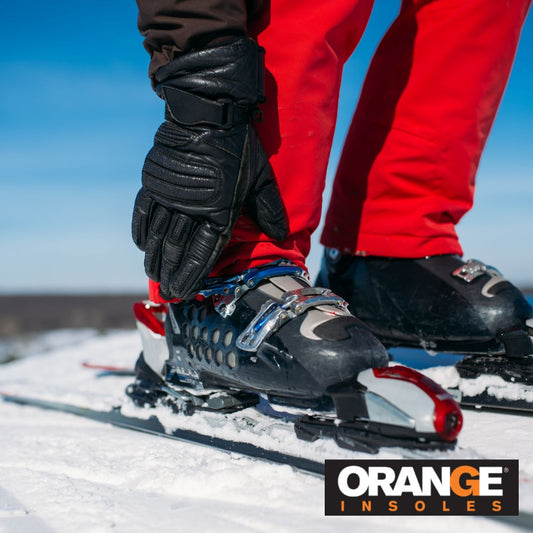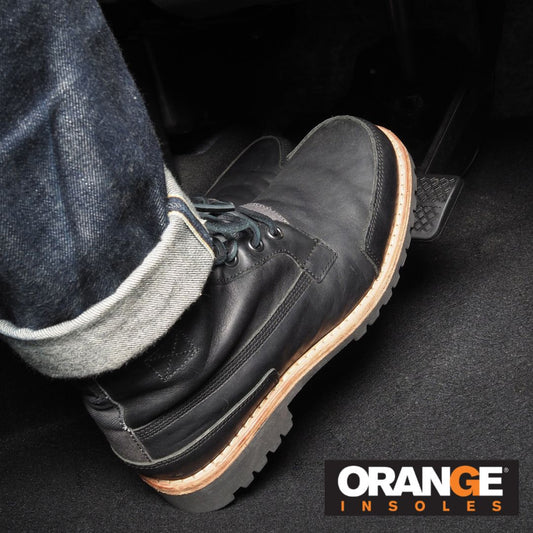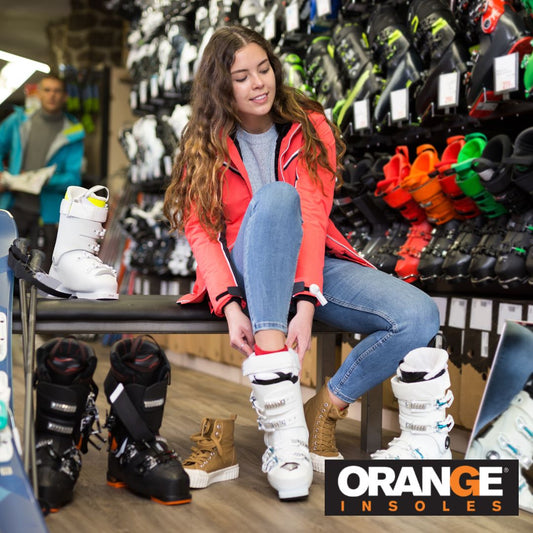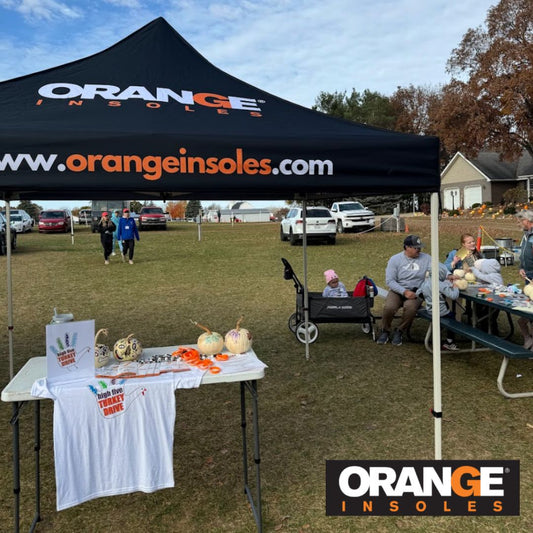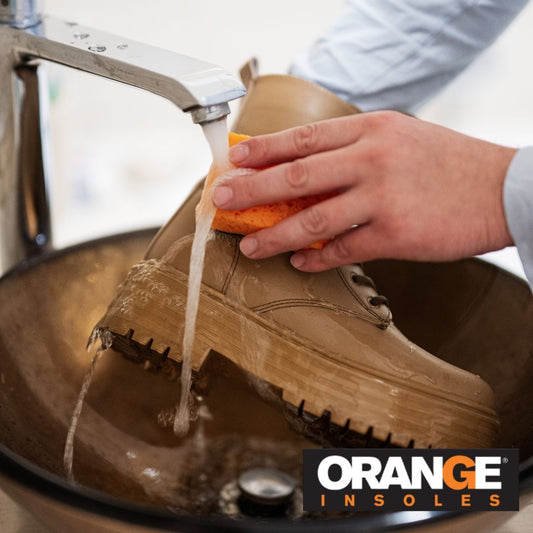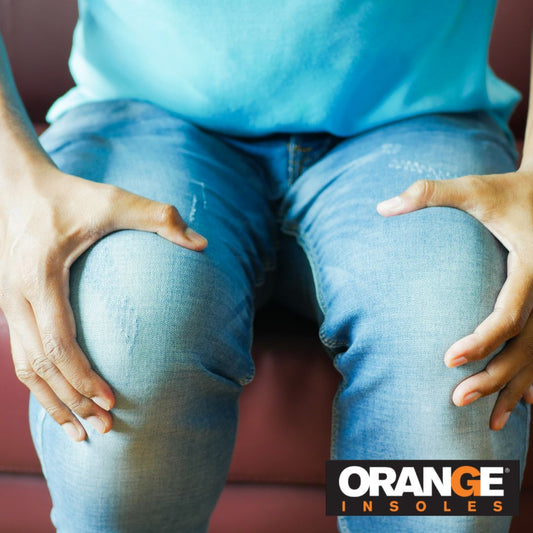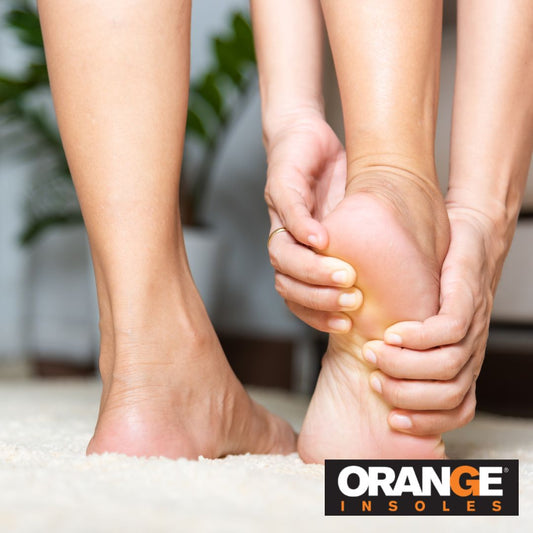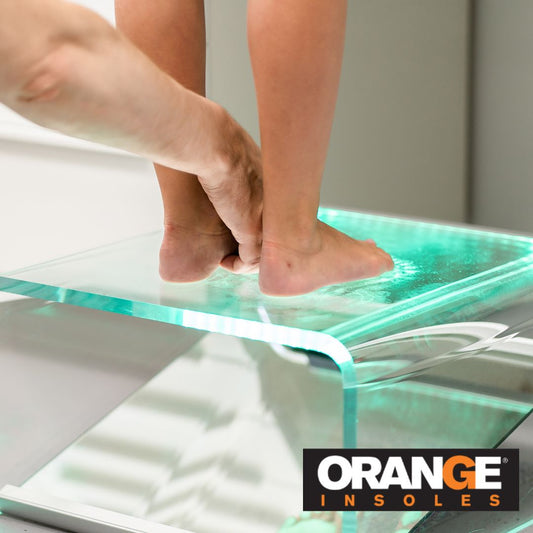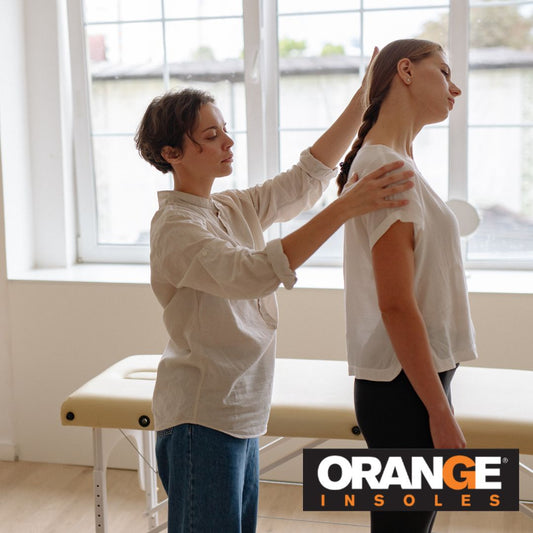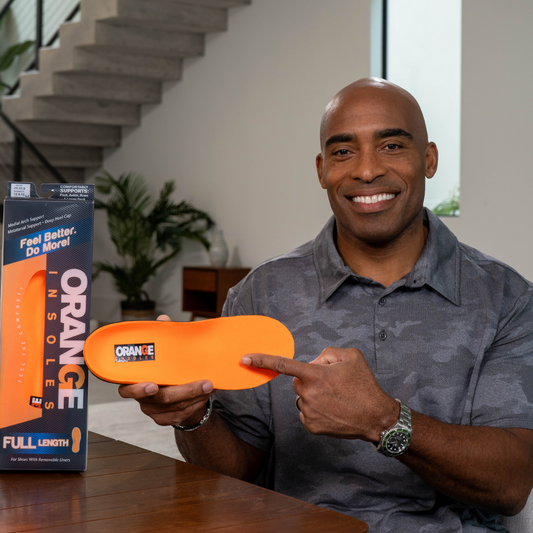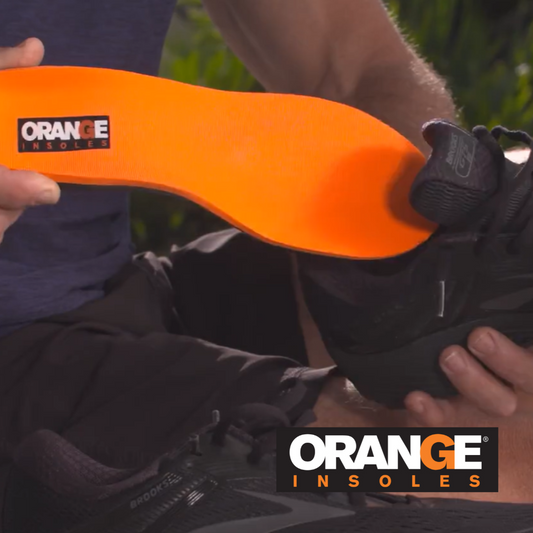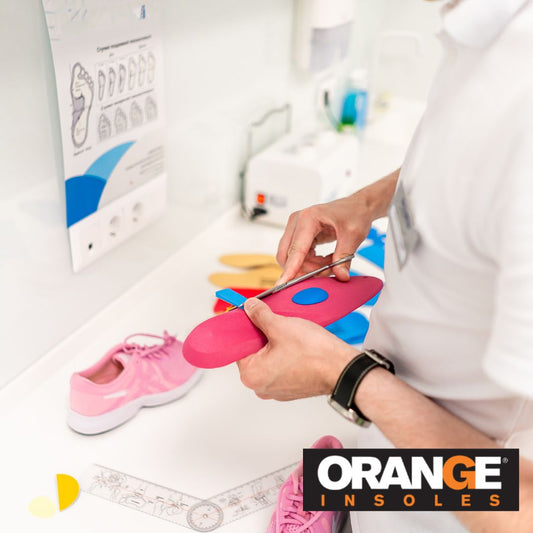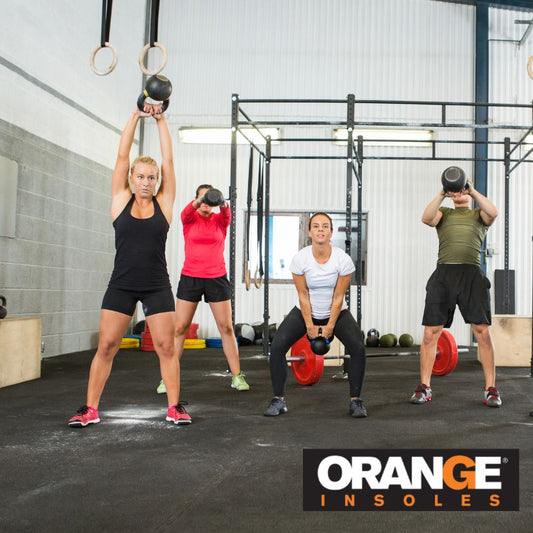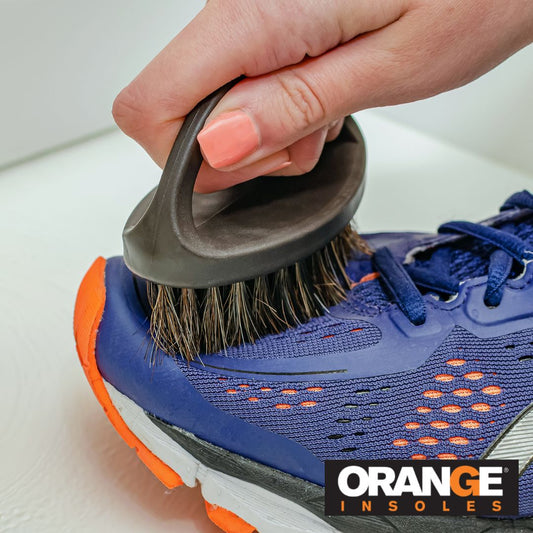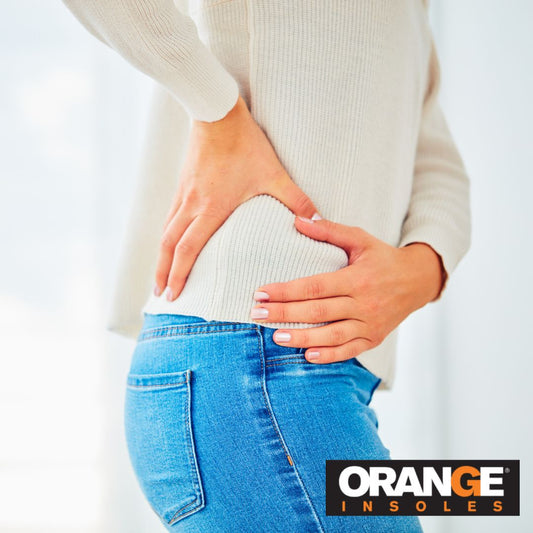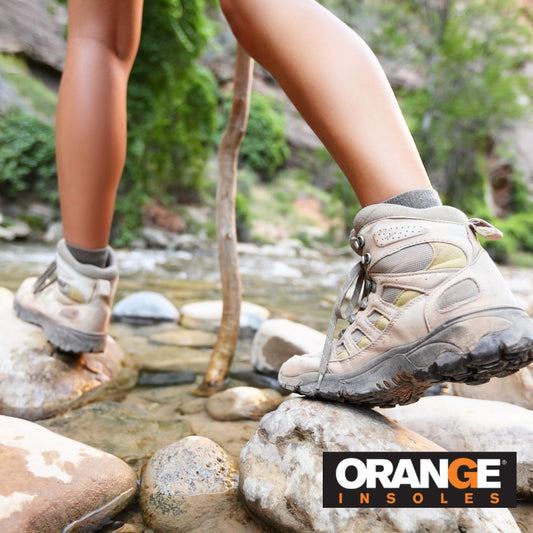Standing and walking on concrete floors all day every day can cause some serious discomfort in your feet, legs, and lower back over time. Even with a decent pair of work shoes or boots, concrete tends to make your feet redistribute the pressure in unhealthy ways. For example, if you feel pain in your arch, your body may want to compensate by putting more weight on the balls of your feet. To counteract this and other pressures caused by cold, hard concrete, you need the added support of an insole.
But to understand how insoles can help, let’s take a look at what concrete can do to your body.
How Concrete Affects Your Body
Repetitive strain is what causes the negative effects of walking on hard ground. If you don’t take the time to address minor aches and pains, major injuries can creep up. Whenever you take a step on surfaces like concrete, the impact reverberates through your whole body and can throw your body seriously out of whack.
Those small aches are signs from your body that small changes need to be made to fix your overall alignment. If you ignore those signs and keep walking on those surfaces without the right support, you might find yourself suffering from:
- Plantar Fasciitis. This is inflammation of the plantar fascia that connects the ball of your foot to the base of your toes.
- Ingrown toenails. Repeated pressure on your toes and wearing ill-fitting shoes contribute to your risk of getting ingrown toenails. This might sound minor, but can be extremely painful!
- Bunion pain. Though bunions are hereditary, the right insoles can minimize pressure on the area and therefore minimize pain.
- Lower back pain. This can happen due to the overpronation of your feet.
- Stress fracture. These are hairline fractures that can occur in the foot or lower leg.
- Shin splints. This is a general term for inflammation of the muscles, tendons, and bone tissue around the tibia bone.
- Neuroma. This is a condition where a benign tumor of nerve tissue grows between two of your toes; it can be very painful or cause tingling and numbness.
To avoid these conditions, you need insoles that will arch your feet properly and prevent the long-term effects of overpronation. The extra stress of overpronation can misalign your whole body and lead to any one of these problems stated above. If you have high arches, you’re going to need an insole that will mimic the arch of your foot and allow adequate support for your toes and heels. Both shin splints and neuromas can happen when there is an unnecessary strain on your toes. If you walk on hard concrete all day, you’ll definitely need something to balance you out...
Introducing...the Orange Full
Our Orange Full is the ideal insole for those on their feet constantly. It’s a full-sized insole which makes it perfect for all durable shoes with removable liners- like running shoes and the work boots you most likely wear if you stand on concrete all day. The Orange Full offers a cushioning metatarsal pad and a deep heel cup to keep your foot in place even while moving at work. It’s also thicker than Orange Light and Orange ¾, meaning it can take the wear and tear of just about any strenuous schedule.
Pair Your Orange Full with the Right Work Boots
There are some important things to keep in mind when looking for the right boots to complement your insoles. Maximize your support with these tips:
- Use the socks you’d usually wear with work boots when trying out new pairs
- Don’t be tempted by immediate comfort! Try a mini workout with them or walk around the store. They may feel way different once you get moving.
- Make sure they’re snug; they shouldn’t be slipping on and off as you move
- Look for decent ankle support that will keep your ankles steady through anything.
- After you’ve walked around with a prospective new pair, take them off as well as your socks and take a look at the soles of your feet. If you see any noticeable red marks, those are pressure points you want to avoid.
- Always go shopping at the end of the day. Everyone’s feet swell at the end of a workday, so this is when you should be able to judge the exact size you need.
Don’t put up with pain in your foot just because you stand on a hard surface all day. Get an insole that works as hard you to avoid pain and injury when working on concrete.
